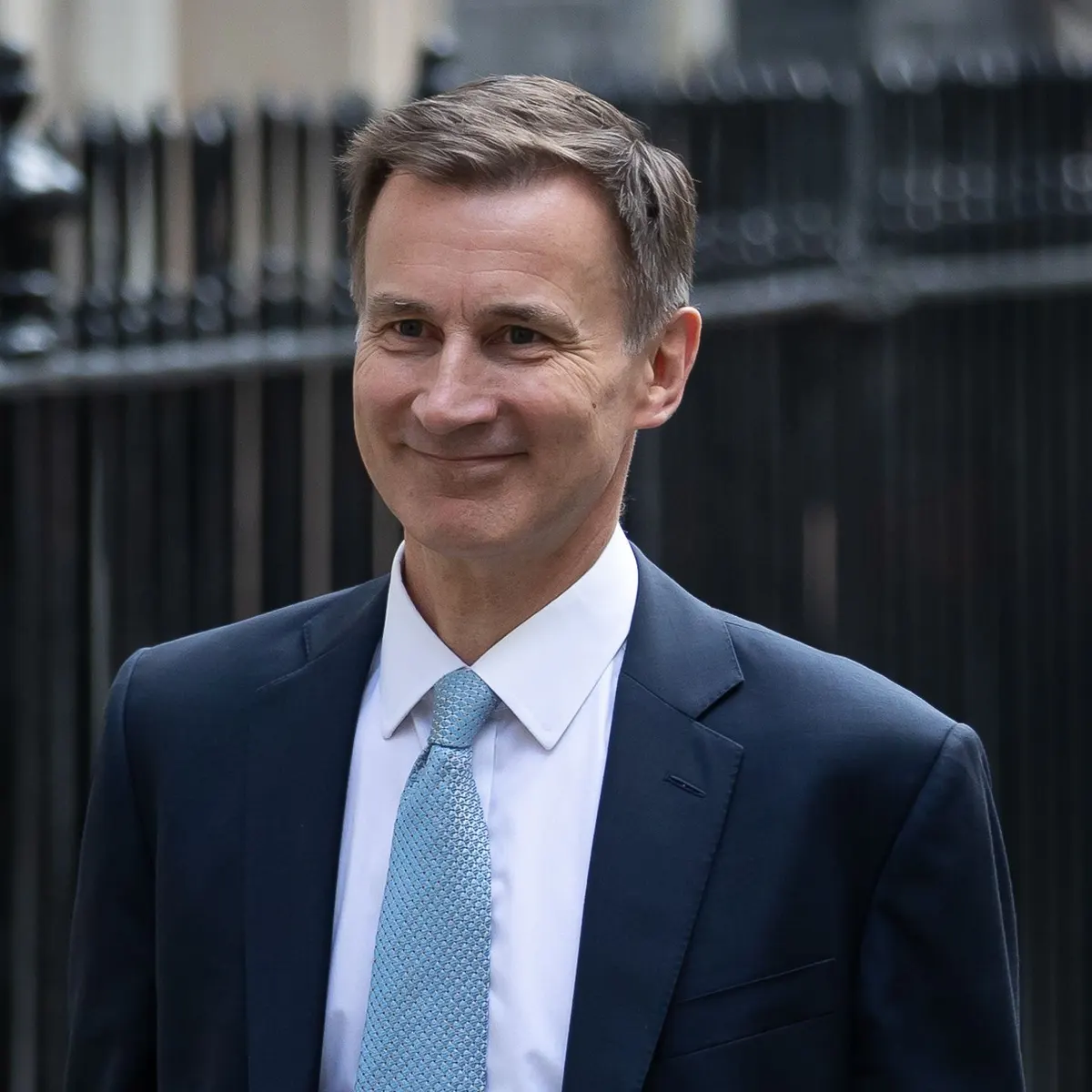Economists assert that pensioners are the “biggest losers” of the budget, collectively suffering an £8 billion blow.
The Institute for Fiscal Studies (IFS) and the Resolution Foundation have delivered damning assessments, stating that covert taxes will worsen the financial situation of the elderly by the end of this Parliament.
Those with incomes exceeding £60,000 will also experience financial strain due to the imposition of a moratorium on income tax thresholds.
In his budget, Jeremy Hunt targeted workers for tax cuts by reducing National Insurance contributions by two pence, which do not apply to pensioners.
The continuation of the income tax threshold freeze, however, will be detrimental to pensioners and workers earning over £60,000 annually.
The IFS projects that by 2027, the majority of pensioners will be £650 per year worse off, while higher-rate taxpayer pensioners will be worse off by more than £3,000 per year.
Paul Johnson, director of the institute, insisted, “Pensioners will be substantial net losers as a result of tax changes over the course of this Parliament, while many workers will be better off.”
“More than sixty percent of pensioners now pay income tax,” he continued.
According to a study conducted by the Resolution Foundation, households led by individuals aged 18 to 45 would experience an average gain of £590, whereas those aged 66 and older would experience a loss of £770.
The group’s chief executive, Torsten Bell, remarked, “The last few years have been a frenzy for tax policy formulation, with the announcement of enormous increases and decreases in rapid succession.” The middle class has benefited, whereas taxpayers earning less than £26,000 or more than £60,000 will incur a loss.
The largest group of casualties is the pensioner population, which collectively bears an £8 billion burden.
In addition, the IFS stated that the implementation of proposed reforms to child benefit, which would assess families per household, is “improbable.”
Under the existing system, a family is required to make a tapering repayment of child benefit if only one adult earns between £50,000 and £60,000.
The entire payment is forfeited if one parent’s income exceeds £60,000.
Nevertheless, the IFS maintained a pessimistic view regarding the government’s ability to establish it based on household income. In additional developments:
“High debt interest payments and low forecast nominal growth,” according to the IFS, could make the next Parliament the most difficult for reducing debt in eighty years.
Citigroup expressed concern that the United Kingdom might fall short of reaching its fiscal mandate by as much as £60 billion, claiming that the Office for Budget Responsibility’s assumption of UK productivity growth is overly optimistic.
According to research conducted by the Taxpayers’ Alliance, gold-plated public sector pensions are contributing to a 25% increase in the national debt from £9.6 trillion in 2021 to £12.1 trillion in 2024-25.
Several senior Conservative MPs criticized the Chancellor’s decision to prioritize income tax over national insurance.
Former home secretary Suella Braverman stated, “The fixed income tax thresholds and, in particular, the personal allowance, have diminished the value of the triple lock.”
Liz Kendall, a spokesperson for Labor’s work and pensions division, stated, “Pensioners who were watching this week’s Budget will have felt excluded and let down.”





